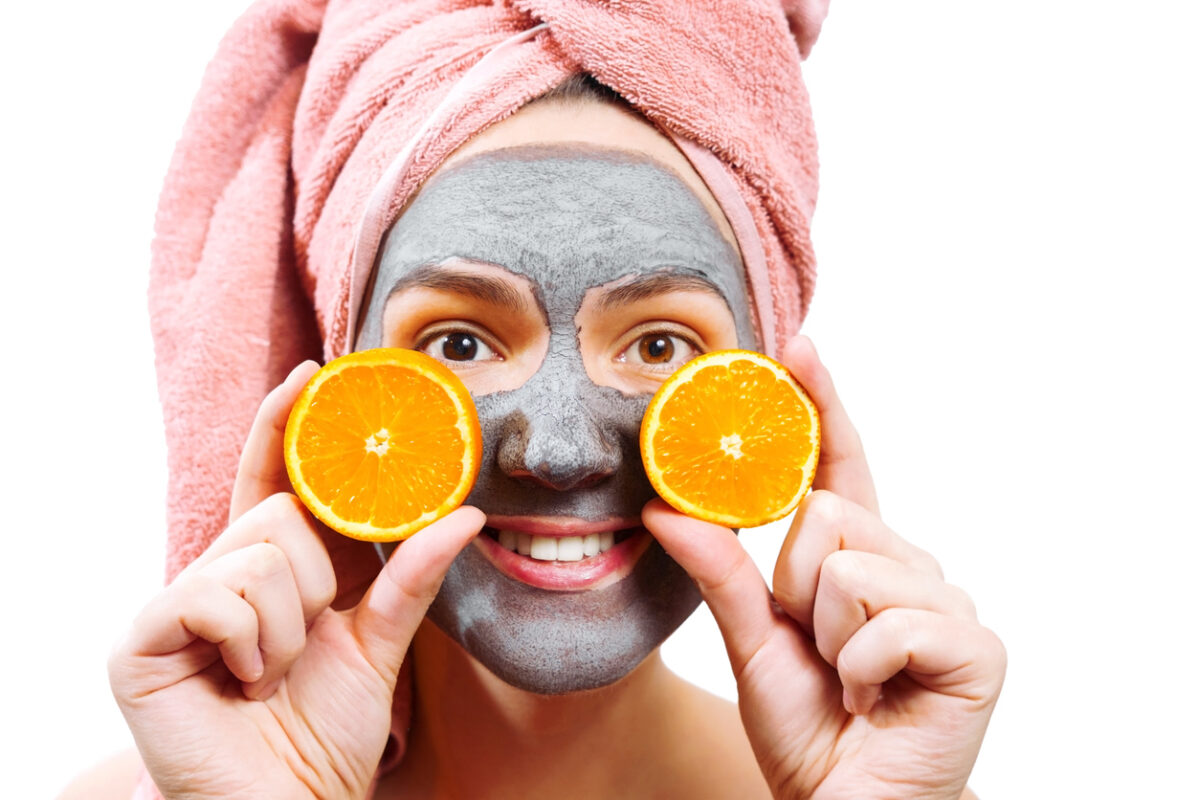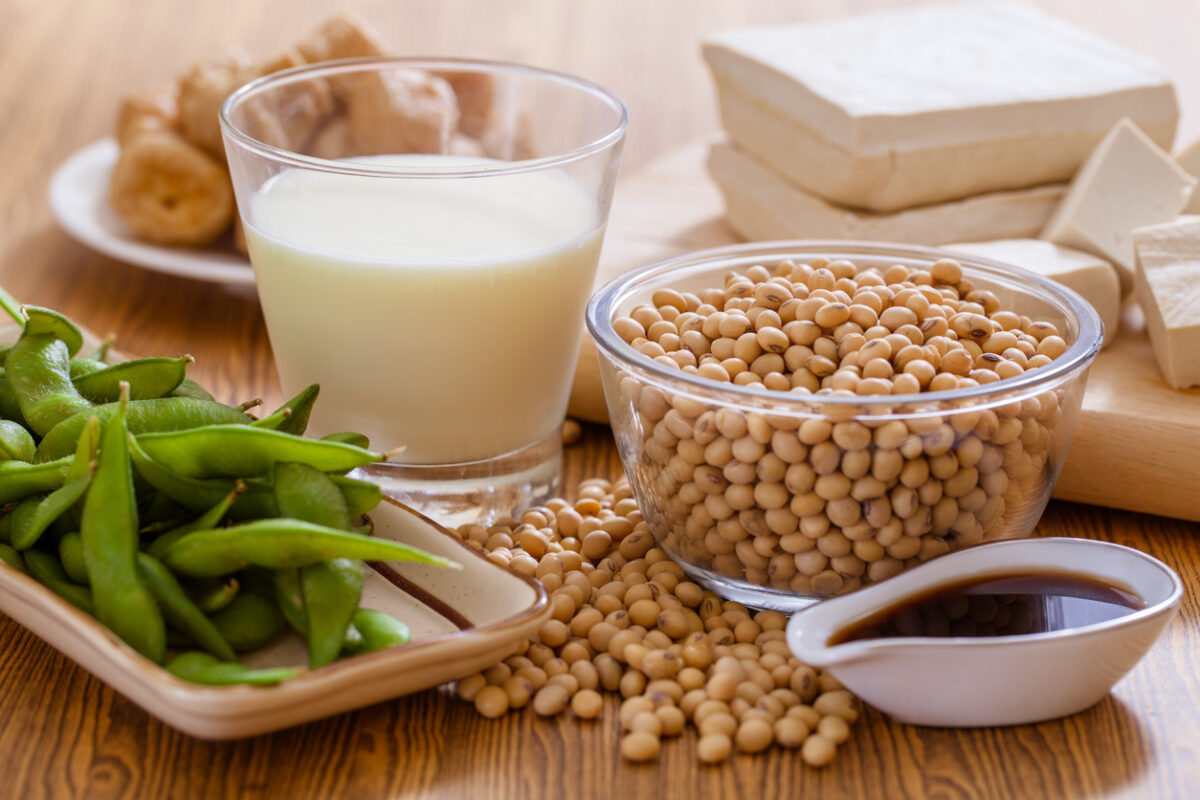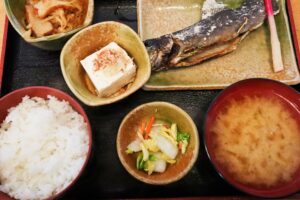Boost Your Immunity! Top 10 Healthy Winter Habits
As temperatures plummet, so can the strength of our immune system. But with the right habits, you can enhance your immunity and keep those winter ailments at bay. Nutrition plays a pivotal role, with foods rich in vitamin C and zinc acting as natural immune boosters. It’s also crucial to manage stress, as it can weaken your immune system. Employ relaxation techniques such as meditation or yoga, and ensure you’re getting enough sleep. Regular exercise is equally important; it not only strengthens your immune system but also promotes good mood through the release of endorphins.
Prioritize Sleep! How Quality Rest Reinforces Winter Health
Sleep is your body’s time for restoration and healing. During the colder months, it’s important to maintain a consistent sleep routine to support immune function and overall well-being. Quality rest helps regulate stress hormones and keeps your body resilient against infections. Aim for 7-9 hours of uninterrupted sleep, keep your room dark and cool, and avoid screens at least one hour before bedtime for the best sleep quality. Also, a warm, non-caffeinated drink can be a soothing pre-bedtime ritual that promotes a good night’s rest.
Seasonal Diet Strategies! Best Foods for Cold Weather Wellness
The winter season calls for a diet that’s rich in root vegetables, lean proteins, and healthy fats. Foods like sweet potatoes, carrots, nuts, and olive oil not only provide essential nutrients but also help maintain body warmth. Seasonal fruits like oranges and kiwis offer a healthy dose of vitamin C. Incorporating ginger and garlic into meals can enhance flavor as well as provide immune-boosting benefits. Don’t forget to include complex carbohydrates, like whole grains, which supply the energy needed to maintain body temperature.
Stay Active! Indoor Exercises to Keep Fit in the Winter
Don’t let the cold weather interrupt your exercise routine. Indoor activities such as yoga, pilates, and bodyweight exercises can be done regardless of the weather outside. Set up a home gym if possible, or follow along with online classes and videos. Regular physical activity supports your immune system by promoting better circulation, which allows the cells and substances of the immune system to move through the body freely and do their job efficiently.
Hydration is Key! Tips for Drinking Enough Water in Cold Climates
The cold weather often reduces our thirst response, leading to decreased water consumption which can quickly result in dehydration. Drinking warm herbal teas or hot water with lemon can be a comforting way to increase fluid intake. Keeping a water bottle nearby as a visual reminder to drink water is also effective. Even in winter, aim for the recommended 8 glasses of water a day to keep your immune system well-hydrated and functioning optimally.
Sunlight Exposure! Natural Ways to Overcome the Winter Blues
Reduced sunlight in winter can lead to a deficiency in vitamin D, which plays a crucial role in immune health and mood regulation. To combat this, try to spend some time outdoors during daylight hours, even if it’s just for a brief walk. If natural sunlight is scarce, a vitamin D supplement or a light therapy lamp might be beneficial. Exposure to natural light helps regulate your body clock and keep your mood stable throughout the shorter daylight hours of winter.
Nurturing Your Wellbeing: A Guide to Healthy Habits in the Freezing Months
When the mercury drops, so can our motivation to maintain healthy habits. Yet, it’s crucial to focus on wellbeing during the cold weather to keep our spirits high and our bodies strong. Embrace indoor exercises like yoga or pilates for physical activity that also soothes the soul. Nutritious comfort foods, such as soups and stews loaded with vegetables, can be both warming and wholesome. And remember, hydration is vital, even in winter, so keep sipping water throughout the day.
Stress-Busting Techniques: Staying Mentally Healthy When It’s Cold Outside
Cold weather can exacerbate stress and affect our mental health. Combat this by establishing a routine that includes stress-reducing activities. Mindfulness and meditation are powerful tools that can be practiced indoors. Short, brisk walks in the daylight can help combat seasonal affective disorder. Allocating time for hobbies that you enjoy, such as reading, knitting, or painting, can also be incredibly therapeutic during the long winter months.
Health-Boosting Supplements: What to Take During Winter?
The lack of sunlight in winter can lead to a deficiency in Vitamin D, so consider supplementing it, along with other immune-boosting vitamins such as Vitamin C and Zinc. Omega-3 fatty acids, found in fish oil supplements, are known for their mood-lifting properties and may be beneficial during the darker days. Always consult with a healthcare provider before starting any supplement regimen to ensure it is appropriate for your individual health needs.
Skin Care Secrets: Maintaining a Healthy Glow During Winter
Winter can be harsh on our skin, leading to dryness and irritation. To keep your skin healthy, stay hydrated, use a humidifier to add moisture to the air, and apply gentle, fragrance-free moisturizers. Avoid long, hot showers that can strip your skin of its natural oils, and when you venture outside, protect your skin with appropriate clothing and sunscreen, as UV rays are still potent even in colder temperatures.
Social Engagement: Keeping Connected with Loved Ones in Winter
It’s easy to become isolated during winter, but maintaining social connections is crucial for mental wellbeing. Plan regular virtual hangouts or safe in-person meetups with friends and family. Joining online interest groups or community classes can also offer a sense of connection and purpose. Sometimes, a simple phone call or message exchange can boost your spirits and that of your loved ones.
Preventative Measures: Cold and Flu Avoidance Strategies
To avoid colds and the flu, strengthen your immune system by getting enough sleep, eating a balanced diet, and practicing good hygiene. Wash your hands often, and use sanitizers when soap and water aren’t available. It’s also wise to get the flu vaccine and stay up-to-date with any recommended vaccinations. Finally, if you’re feeling unwell, err on the side of caution and rest at home to prevent the spread of illness.
A natural supplement to balance your hormone, extracted from Miso
It is also essential to balance your hormones to boost your immune.
Juveriente®’s Effisoy, launched in 2016, based on fermented soybean germ extract has been loved as a natural menopause relief since its launching in 2016.
Its primary function is to boost the weakened synthesis of a hormone precursor, DHEA. It’s safe as it only heals the natural synthesis function. The hormone boost doesn’t provide the only relief from menopausal symptoms. It also supports various aging and hormonal imbalance issues like insomnia, weight increase by aging, etc.
Another good news about this natural supplement is that isoflavone from fermented soybean germ, the key ingredient, has a super high antioxidant capacity. It is 1,000 times standard isoflavone and even six times Ginko biblo extract, famous for its high antioxidant capacity.
Here are some of the real product reviews in our Amazon shop.
“Restful sleep finally!!”, “I Am Now Free of Hot Flashes!!”, “Lifesaver”



























 They are rich in protein, fiber, and contain numerous other vital nutrients. Scientific studies have found that soy has the potential to lower the risk of heart disease and certain types of cancer, and improve bone health. So, there is no doubt that soy-based products are indeed healthy.
They are rich in protein, fiber, and contain numerous other vital nutrients. Scientific studies have found that soy has the potential to lower the risk of heart disease and certain types of cancer, and improve bone health. So, there is no doubt that soy-based products are indeed healthy.